Teaching a Dog to Come When Called: Why It Matters and How to Do It Right
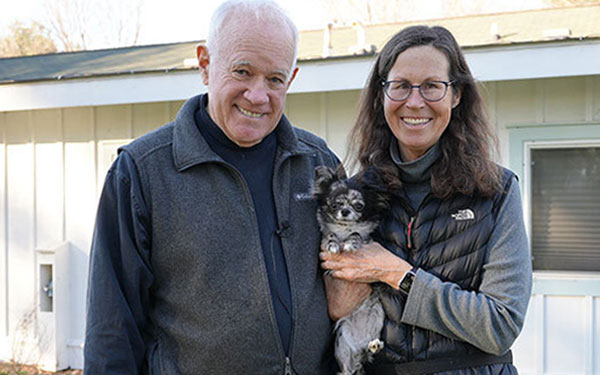
Teaching our dog a reliable recall is arguably the most important behavior they can learn.
Reliable Recall: when a recall is achieved and you are 99% certain your dog will always come when called.
As Ed Frawley says, "You can have a dog that won’t sit, won't down, won't stay when asked, but you cannot have a dog that will not come when called".
There are only three reasons dogs will not come when called:
- The dog has not generalized the COME command. Meaning the dog has not learned it must come in every circumstance.
- The dog won't come because it is faced with distractions it has not yet learned to ignore.
- The dog will not come because it's afraid, which means the dog may have been called in the past and when it got to the owner, it was punished for doing something wrong.
We've produced an online course that will help you with the first two reasons for not coming when called (generalization and distractions). The third is on you. Getting mad at your dog and calling it to you so you can correct it for something you know it shouldn't be doing is dead wrong and will always foul a recall and hurt your bond with your dog.
Whether you are training a family companion, a police service K-9, a Search & Rescue Dog, or a competition sport dog, they all must come when they are called. By the end of their training program, they must learn that should they refuse to come when called, they will suffer serious consequences. The level of those consequences varies greatly. They are based on the age of the dog, the temperament of the dog, the level of training the dog has had and what was going on when we asked the dog to come. The relationship of the dog and handler will also play into this. We cover these in our course.
Our goal is this system is to end up with a dog that doesn't have to think about coming when called, it just reflexively turns and comes when asked. That will only happen with a trainer that takes the time to go through a training program in a step-by-step fashion without skipping steps.

This training course outlines a simple step-by-step manner the road to generalization in recalls. It is both simple and fun for you and your dog. In the end, you will have a dog that enjoys the work. The foundation of our work is based on reward-based methods (i.e markers or clickers). We split the recall exercise into small steps and teach these simple behaviors motivationally. Throughout this work, we build our communication system.
As the dog learns these small behaviors, we gradually introduce distractions to some (not all) of the short behaviors. Our training sessions begin in sterile locations the dog feels comfortable in. We gradually introduce distractions into that controlled environment. Our feeling is that if our dog can't function and follow instructions in a location it's comfortable in, how can we expect it to comply out in the world with god knows what going on?
If you are considering purchasing this course, I can tell you there isn’t an online course anywhere that has broken down recall training steps I like I have. To get a better feel for this, I recommend you look below at the course outline, its detailed. That's why the course has 5 1/2 hours of video combined with enough documentation to print a small book.
It’s important to set realistic expectations with yourself concerning the time it takes to achieve a reliable recall. It's not going to happen in a few weeks. It is disturbing to see YouTube videos claiming otherwise. Oh, there are people out there who will use remote collars at high levels of stimulation that will force dogs to come when called. But this is going to destroy our relationship and bond with our dog.
In Module 11 in our course, we deal with the subject of adding pressure to a dog for refusing to come when we 100% know the dog has generalized the command. We will explain how to approach that subject for your dog.
Every dog is different. What kind of pressure we apply depends on the following:
- The age of the dog
- The training of the dog has had
- The temperament of the dog
- What kind of distractions the dog is facing at the moment it refused to come
- The skill level of the handler
In closing, some trainers will say that every dog needs to be finished with a remote collar. We respectfully disagree with that approach. We would say "some dogs need to be finished with a remote collar".
We have 4 dogs in our home, 2 wear remote collars every day, 1 has gone through collar conditions and no long needs to wear it and one will never need a remote collar.
I have an excellent course titled Remote Collar Training for the Pet Owner. I bought my first remote back in 1978, and know exactly how to train with them.





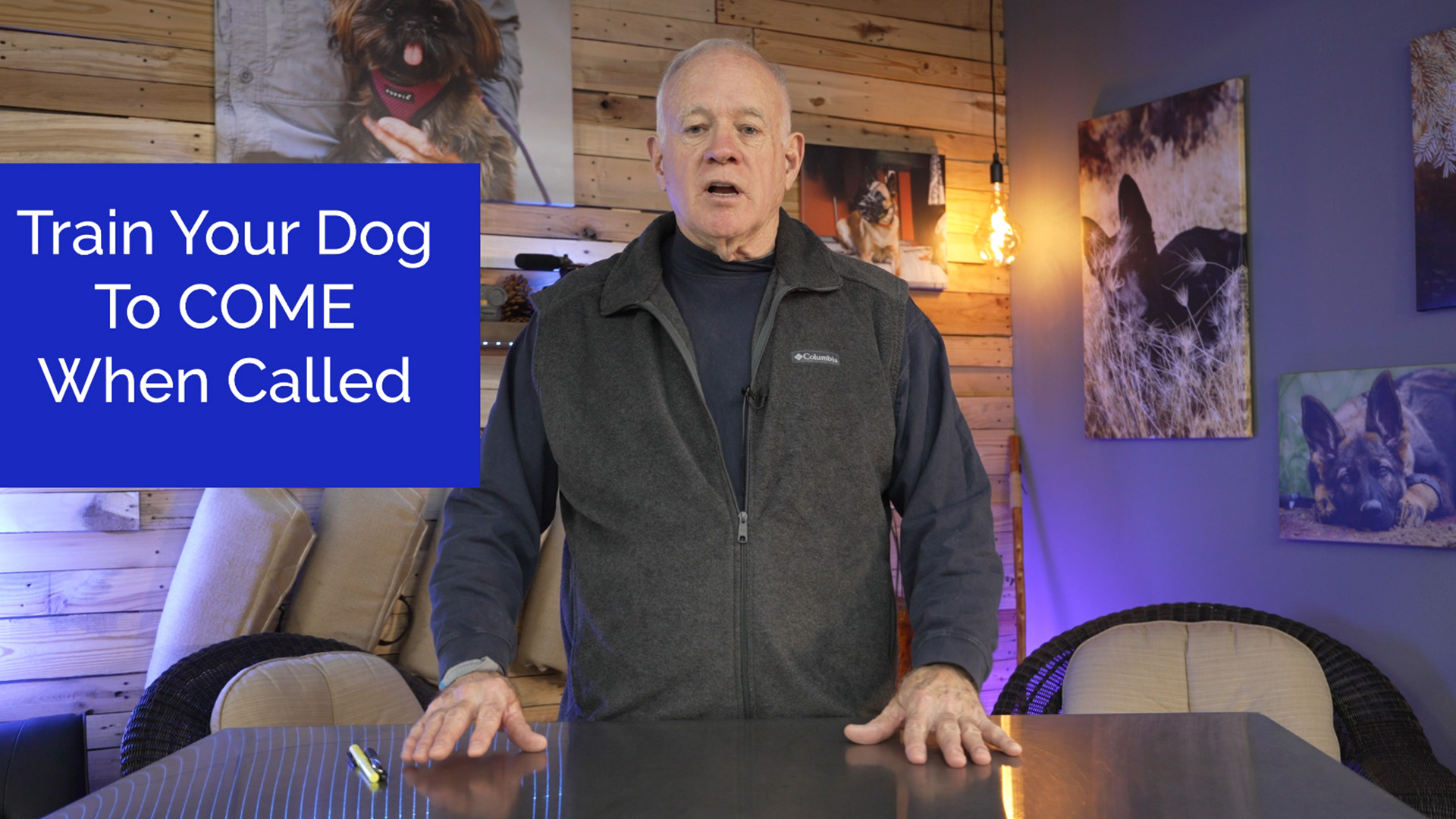
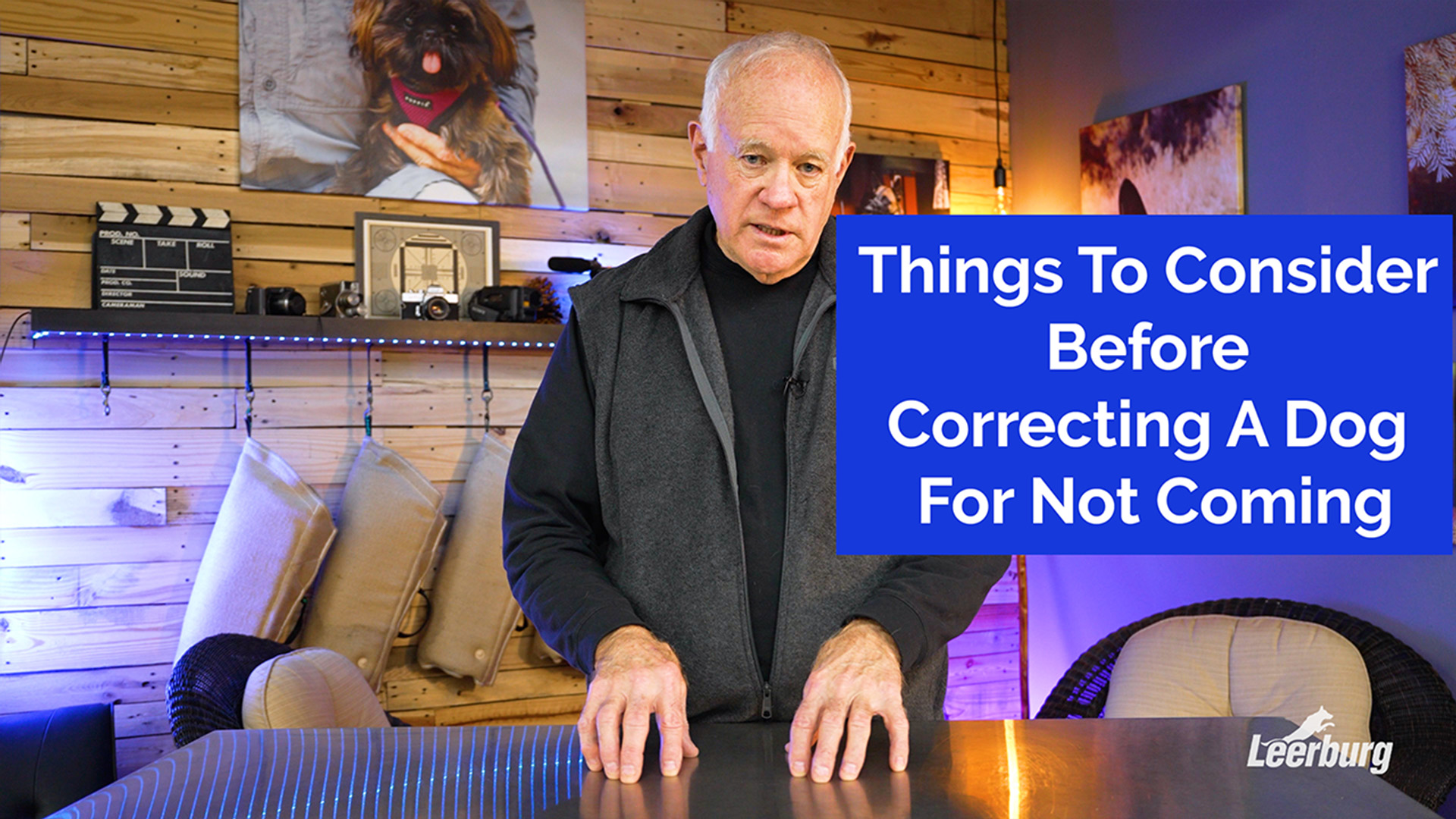
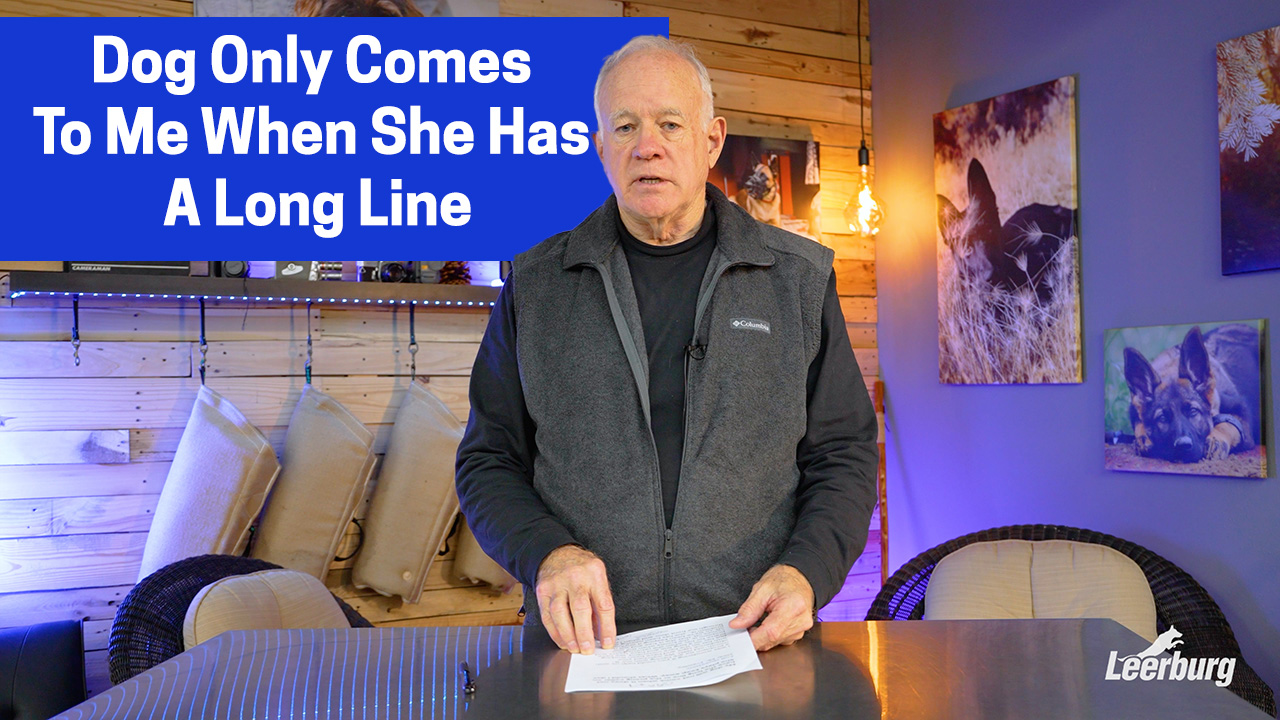
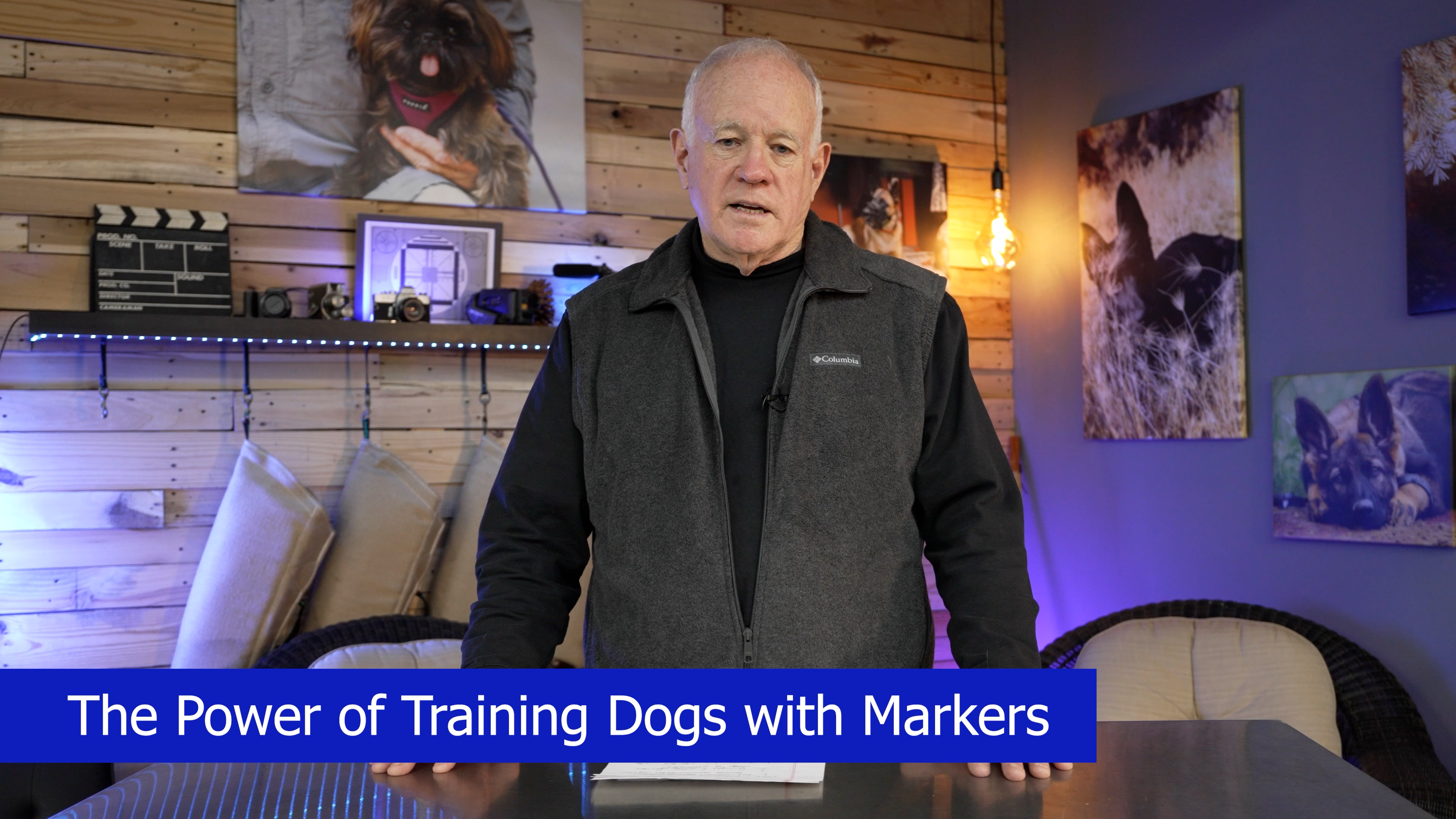
Ask Cindy.